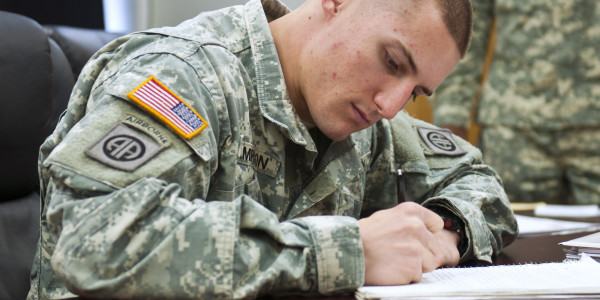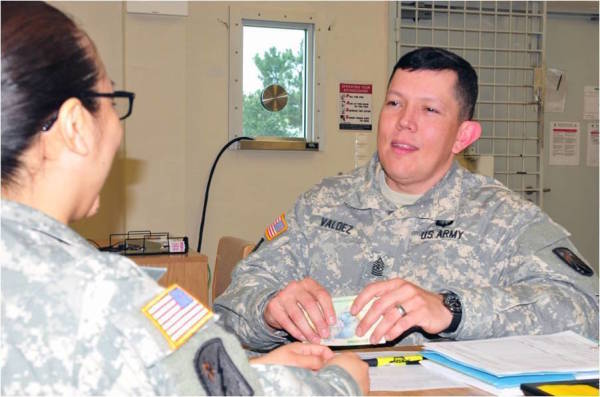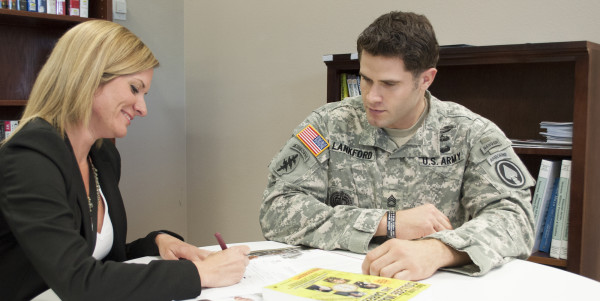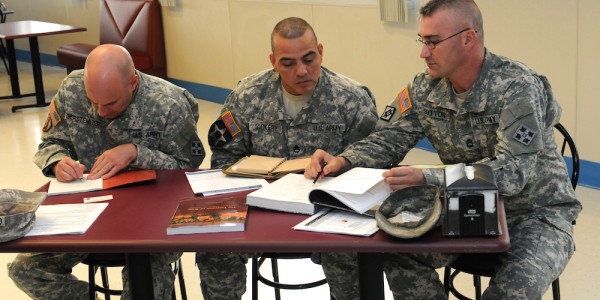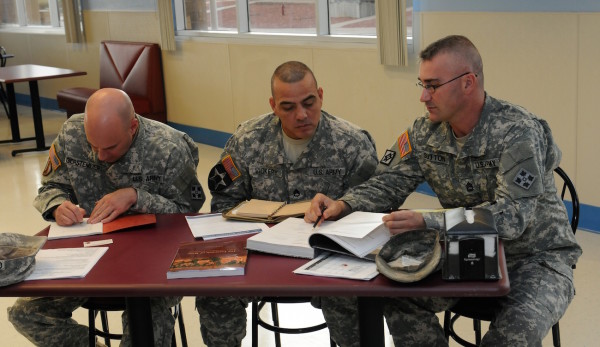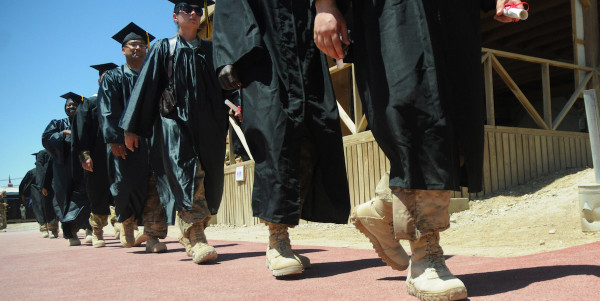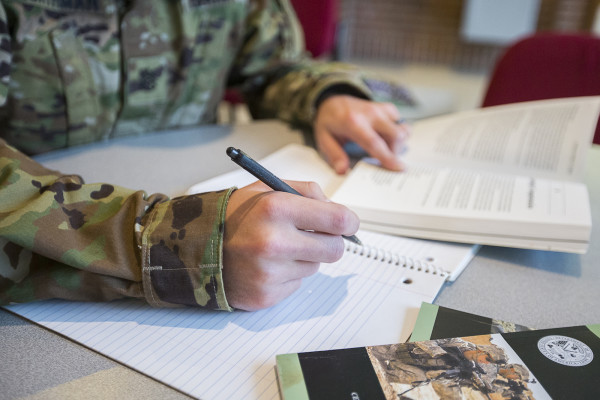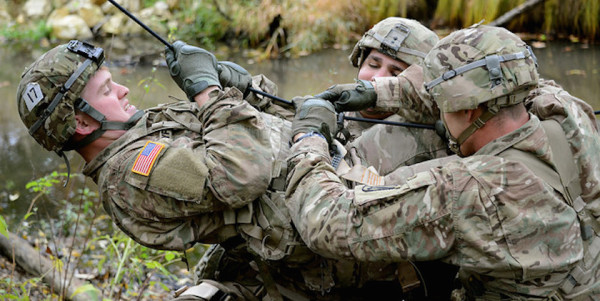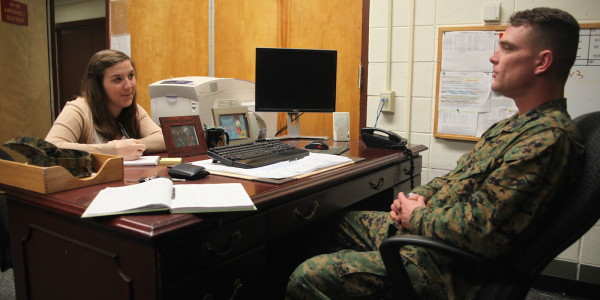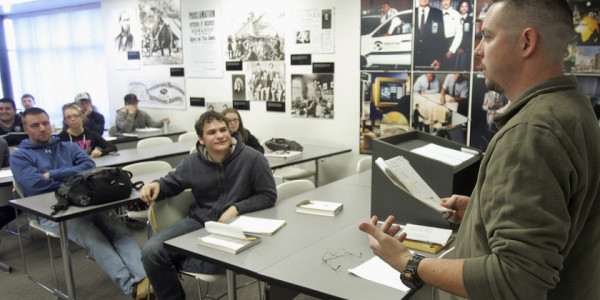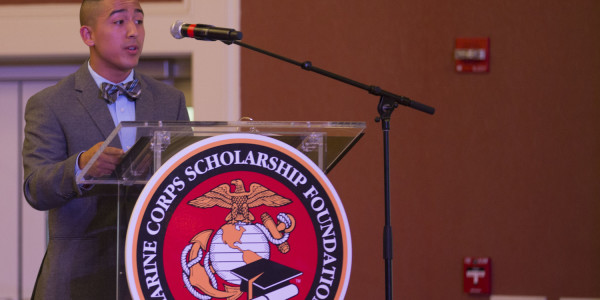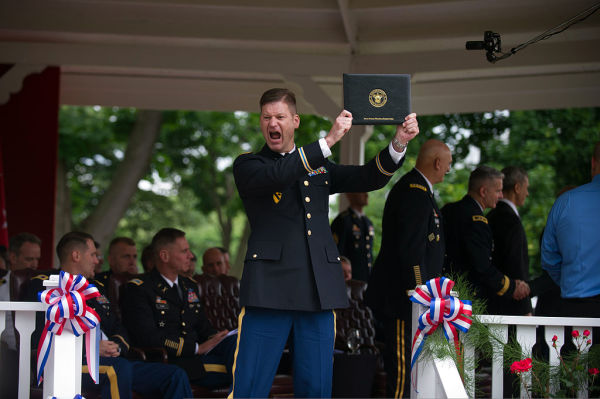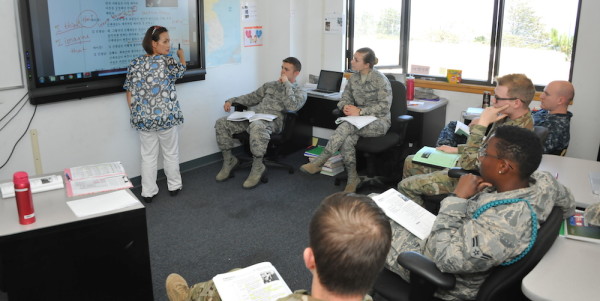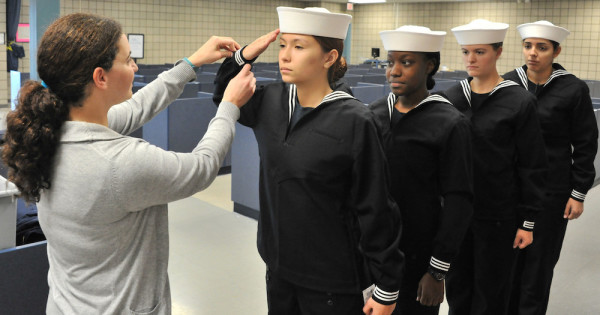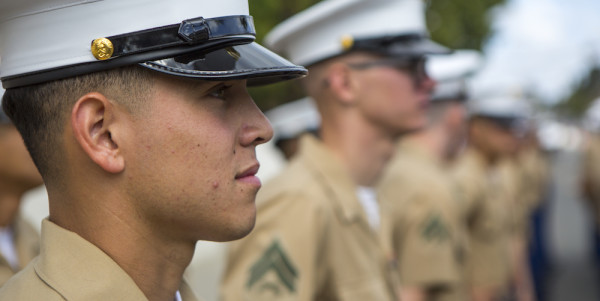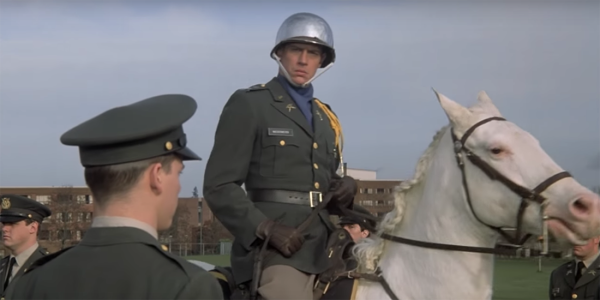As a student at Yale University, Air Force veteran, and mentor for Service to School, many veterans have contacted me asking for advice on how to enter a top-tier college. The benefits of college are widely known. At a top-tier school, you’ll be taught by world-renowned faculty and have access to immense resources. Moreover, you’ll attend classes and collaborate with fellow bright and vibrant students.
Reflecting on my experiences, I have outlined six tips that can help you on your quest for admission.
1. Enroll in community college courses; earn at least a 3.5 grade point average.
Colleges want to see that you are able to handle a rigorous academic workload. Take advantage of tuition assistance and enroll in at least two semesters of community college courses. Like many other veterans, I was not a model student in high school. Show colleges that you are academically inclined by taking challenging courses, and be sure to take general courses — technical or specific credits don’t typically transfer. You’ll have to accept up front that you likely won’t receive credit for your military training. For instance, Yale took zero credits from my technical training in the Air Force. However, they took all of my credits from community college and University of Maryland University College.
Related: As a vet, enrolling in community college was the smartest thing I’ve ever done.
2. Start your search early.
Spend some time looking at facts about programs you’re interested in and locations of colleges that appeal to you. Many veterans like to prop open the latest edition of Military Times and search for “veteran-friendly colleges.” What they don’t tell you is that many of those schools have abysmal graduation rates. In fact, you may not want to go to a school that has many veterans. A school that is labeled “vet-friendly” has a large veteran population, and already has an idea of who they think enlisted veterans are — I didn’t want that. At Yale, it’s easy for each veteran to have his or her own identity; we also often receive invitations to events and dinners because we bring something unique to the table.
3. Connect with student veterans at your favorite schools.
Once you’ve found some schools that interest you, see if they have a veterans group. They’ll likely be able to connect you with someone who can answer some questions from a student’s perspective. One program I highly recommend is Service to School. This organization will connect you with a mentor who has the resources to find someone at a particular school and connect you with him or her. If the school doesn’t have many veterans, Service to School can still introduce you to a traditional student. Take this chance to ask some questions and see how the school fits your personality.
4. Visit the campuses.
I have a friend who considered studying at Columbia in New York, only to remember how much he hated big cities after visiting. He’s now at a smaller college in a rural area where he’s much happier. As a prospective student, you should also make appointments with admissions deans and have some questions prepared. Do your homework and scour the college website, making sure to ask only questions that aren’t already listed. As a veteran, this step is particularly important because each school offers a different environment for non-traditional students.
5. Refresh your academic skills.
It’s been a few years or more since you’ve been a full-time student, and studying at selective colleges can be grueling if you don’t know what to expect. To prepare yourself, consider applying for an “academic bootcamp.” One I recommend is the Warrior Scholar Project. I attended this program at Yale in 2014, which was vital to my acceptance at multiple colleges. This program is hosted at several universities across the United States and its goal is to help veterans translate military skills into academic success. Another strong program is the 2 to 4 accelerator at Stanford.
6. Write strong essays, get feedback.
This is one area where you can stand out above other applicants. Your story of how you arrived at the decision to join the military, what you did while you served, and lessons learned throughout your enlistment has more than enough material to craft a compelling narrative. Be sure to find at least two smart people to read and re-read your essays to provide you with feedback. If you have an especially unique story, consider submitting it for publication. Several media outlets encourage college applicants to submit essays to show their readers the assorted backgrounds of potential college students.
